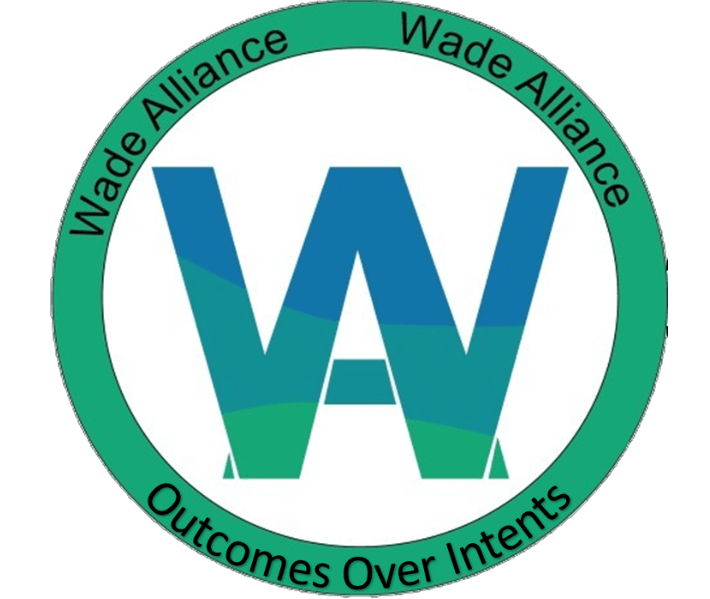Equitable Algorithms

Allowing algorithms and computer learning to make decisions saves time but comes at a cost. There are ethical concerns such as loss of privacy that can lead to unintended exposure of information. The equitable concerns surround how information is used and the data set used to create the algorithm which can perpetuate the inequities present in our systems. The access concerns highlight how resources and opportunities are unevenly distributed and individuals and organizations with resources are more able to benefit from the tools of algorithms and AI.
When looking to address equitable algorithms, apply these questions to gauge how the tools you use are increasing or decreasing disparities.
- How well can your organization adapt to significant or unprecedented disruptions?
- Are you measuring outcomes through an equitable lens that upholds your mission?
- Do you implicitly trust the results of your algorithms?
In an equitable world every person would have what they needed to succeed. Candidates would not be penalized because of the school they attended or not obtaining a particular certification. Algorithms and AI do remarkable work in describing population data and are adept at maintaining status quo. Exceptional leaders are not recognized for holding their position but for moving forward and creating equitable algorithms have the ability for far reaching change for good.
Adjusting the culture surrounding work, home and health is an advanced topic recommended only when an organization has a culture looking to improve conditions and the capacity to adapt to increasing demands. Changing a culture around work and life relies heavily on trust and the social capital that comes from past successes.
If your organization is ready to learn how to become better algorithm users, the Wade Alliance can help.



